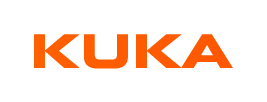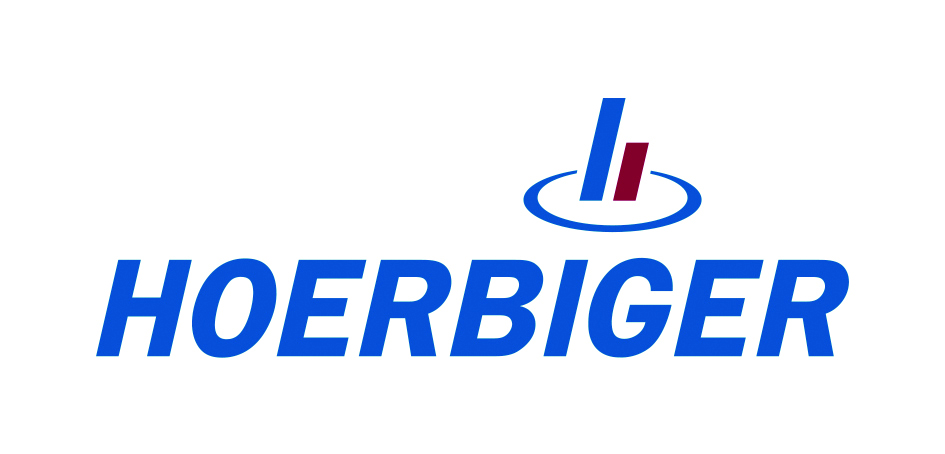POWERGATE
Industry's Leading Vault-to-ERP Integration
for Automated BOM Transfers You Can Trust
Establish a real-time live connection between Autodesk Vault & Your ERP
Built for engineering teams to end manual, error-prone BOM transfers!

If are you looking for a smooth and effortless integration between Vault and your ERP
Join our upcoming webinar on May 31st
Leave the Boring, Time-Consuming Manual BOM transfers to Us and You Focus on Designing
Real-time BOM transfers
No manual exports
No double entry
No surprises in production

What is powerGate
Where Design Data Becomes Manufacturing Ready
With POWERGATE
- BOM Management
- Live Connection
- Item Management
- In-App Actions
- Workflow Intelligence
BOM Management
Compare BOMs between Vault and ERP to catch differences before they cost you.
Transfer multi-level BOMs in one go without breaking structure.
Get real-time alerts if something’s missing or off to fix it before it’s too late.
.jpg?width=1200&height=900&name=Multi-level%20BOM(1).jpg)
Live Connection
See ERP item data right inside Vault, always up-to-date.
Make decisions based on live data and not outdated exports or assumptions.
.jpg?width=1200&height=900&name=You%20can%20direcly(4).jpg)
Item Management
Create missing ERP items from your BOM with one action.
Automatically assign ERP-compliant part numbers, even complex schemes
Search and use approved raw materials or purchase parts directly in your design
Work the way your team works, whether you're using Vault files or Vault items

In-App Actions
Access your ERP data without leaving Autodesk Vault or Inventor.
Easily search for raw materials, add purchased parts, and make smart decisions.

Workflow Automation
Generate and Automate publishing of PDFs, DXFs, and metadata.
During lifecycle transitions, powerGate verifies item status and ensures ERP readiness.

PRODUCT FEATURES
powerGate automates processes, integrates with Autodesk Vault, and centralizes data management, reducing manual tasks and errors while boosting productivity and efficiency.
BOM Management
Multi-Level BOM Transfer
You can transfer entire machines and all nested assemblies in a single step. You can choose what needs to go, like long-lead items, and send them early to avoid production delays. There is no need to break down and rebuild structures manually.
BOM Comparison
You can quickly compare your current CAD BOM with the ERP version and instantly see what’s different. Differences are color-coded, which makes it easy to spot updates and align both systems without confusion. This helps you and your team stay on the same page.

BOM Validation
Before any transfer happens, powerGate checks that every BOM has the correct position numbers, quantities, and ERP-specific rules. Only complete and validated BOMs are sent forward, which helps you avoid costly surprises later in production.

Live Connection
Live Data Access
ERP item and BOM data are visible within Vault and Inventor. You do not need to switch tabs or export anything because the information is available right where you are.
Immediate Actions
Every action you take, whether it is creating, updating, or transferring, is processed in real time by ERP. You do not need to wait, sync, or wonder if it worked.

Immediate Feedback
powerGate gives you instant confirmation of success or failure and shows clear messages when something goes wrong so you can take quick action.
Live Data Usage
You can insert ERP raw materials and purchased parts into your CAD designs from within Inventor. You get real components added in real time.
Live Data Validation
While working in Vault, powerGate continuously checks your data against ERP requirements. Whether during lifecycle transitions or file updates, it helps you catch issues before they reach production.
Item Management
Mass Item creation
You can create entire sets of ERP items in one go. Once your design is finalized, you can generate all needed items without repetitive manual input and still comply with your company standards.
.jpg?width=1200&height=800&name=Placeholder(1).jpg)
Item Numbering
Automatically generate the right item number from Vault, ERP, or any defined scheme. Whether simple or a complex sequence, you get the right number at the right time without manual input.

View and Update ERP Data
powerGate lets engineers view and update ERP items and BOMs directly in Vault, enabling faster decisions based on real-time data and no app-switching required.
Item Validation
Before transferring items to ERP, powerGate verifies that all item data is accurate and complete. This helps you avoid fixing errors later by getting it right at the start.
In-App Actions
Raw Materials Search
You can search the ERP inventory for raw materials from within Inventor and insert them directly into your models. This lets you build smarter without ever leaving your workspace.
Purchase Parts
You can add ERP purchase parts as virtual components into your CAD designs directly from Inventor. This helps you complete your BOM with real-world components as you build.
Link CAD Files
You can link or re-link CAD files to existing ERP items whenever needed. This is especially useful for aligning older designs or cleaning up mismatched records.
Workflow Intelligence
Security Guardrails
Never worry about incomplete or non-compliant data slipping through. powerGate validates your items, BOMs, and workflows at each stage, so every release is clean, accurate, and production-ready.
Validation
As your design moves through its lifecycle stages, powerGate automatically checks if it complies with ERP rules. If anything is wrong, it stops the workflow and alerts you, which helps protect downstream operations.
Automation
You can automatically publish technical documents like PDFs, DXFs, or STEP files, along with metadata and permissions, directly to ERP. These actions are triggered by your workflows so there is no need for extra steps.
Why Choose powerGate - Our realtime bi-directional connector
Unlike basic BOM push tools or home-grown scripts,
powerGate is built for real engineering workflows.
It connects Vault and ERP in real time, not on a delay
Exchanges data bi-directionally, with validation before every transfer
Provides instant ERP feedback so users can fix issues right away
Works inside Vault and Inventor, not just from CAD

What makes Our Integration the Smarter Choice
Data & Process Security
powerGate securely manages and transfers your critical engineering data, ensuring all updates are accurate and error-free.
Customization Without Limits
While others force you to adapt to their workflows, powerGate adapts to yours. No matter how your teams operate, we ensure a tailored Vault-to-ERP connection without compromises.
Future-Proof Upgrades
Your custom workflows and integrations stay intact during Vault upgrades thanks to powerGate’s update-safe architecture.
Backed by our [Forward Compatibility Policy], ensuring your customizations remain reliable across Vault versions.
We have connected Autodesk Vault with over
50+ ERP Systems
Can't find your ERP system? No problem! Just write to us with all your requirements
Product Information
coolOrange’s Forward Compatibility Policy ensures your Vault customizations remain reliable across upgrades. With PowerShell cmdlets shielding you from API changes, we minimize disruption, reduce costs, and eliminate vendor lock-in. Through guaranteed compatibility, flexible upgrade options, and free risk assessments, we give engineering teams confidence, control, and long-term maintainability.
Your ERP system either has a nateive API or an API can be provided by your partner. Such API is required by powerGate for the live-connection. You’re not sure about your ERP system capabilities? Contact us…
Thanks to a smart concept, customizations remain compatible across powerGate and Vault versions. powerGate supports the current and two previous Vault versions. Older versions are available in case your Vault has not been updated for a while.
If you require assistance is upgrading your Vault, just let us know and we can do it for you.
powerGate is licensed as an annual subscription and is renewed from year to year. The license period can be aligned with your Autodesk subscription. The license is valid per Vault seat.
We, at COOLORANGE, understand the importance of documentation and strive to follow best practices. Hence, to support you at every step of the way, our documentation is updated with the latest changes and modifications.
By downloading our product, you will receive "product support for free" from our highly skilled support team anytime. Just drop an email to support@coolorange.com and we will quickly get back to solve your issues to ensure your business process doesn't slow down.
While powerGate comes with best-practice default settings and workflows, every ERP system has unique requirements, and every organization has unique workflows. Therefore, our service team takes care of consulting, initial connection, configuration and customization during the initial implementation and gives you access to all configuration and customization scripts so that you can continue to customize and extend powerGate yourself or with our team.
New versions compatible with the latest Autodesk software are typically released within six weeks of Autodesk’s official release. Configurations and customizations built on top of powerGate using coolOrange technology remain compatible with future Vault upgrades and typically require no code changes. Customizations implemented outside of powerGate by our team may require limited, billable service adjustments. coolOrange prioritizes forward compatibility to ensure that customers can adopt the latest Autodesk versions with minimal time and cost impact.
Ready to download the
30-day trial version?
Trial Limitations
This download contains the full version of the product.
Without a license, it runs in trial mode for 30 days with full functionality.
Once activated with your license key, the same installation becomes your fully licensed version.
Working with the COOLORANGE team has been easy and engaging. The solution worked in short time and allowed us to continuously improve our processes.
- Robert Mayr, CAD & IT Management
Trusted by Manufacturing Companies WorldWide









.png?width=50&name=Untitled%20design(16).png)
